

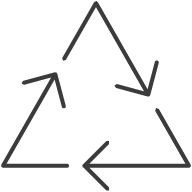
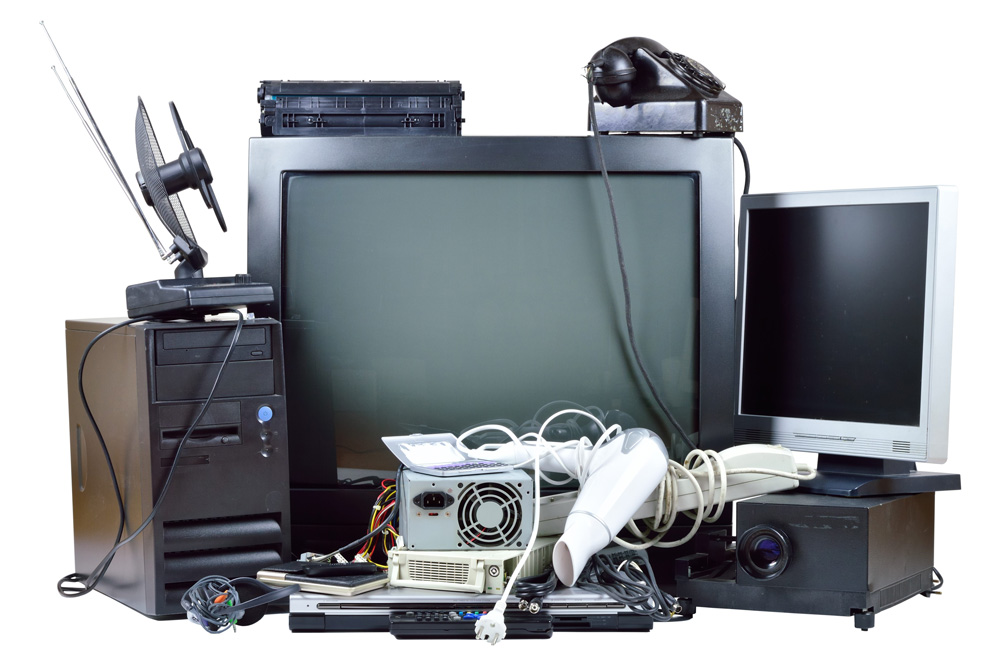
Sesotec specialises in industrial material-sorting systems and has more than 40 years of experience in the recycling industry. We provide a complete range of leading technology that includes sorting systems which reliably differentiate materials using various types of sensor technology and effectively separate material flows.
The amount of e-waste generated at home and in business continues to grow. However, the old equipment contains various materials, including valuable secondary raw materials, such as precious metals, steels, copper and certain plastics. Recycling these materials makes sense from both an economic and an environmental perspective. Harmful substances are also removed from electrical waste during the separation and sorting process and then properly disposed of. As a result, e-waste recycling helps actively protect the environment. In many cases, it is also required by law, for example under Directive 2012/19/EU of the European Parliament and of the Council on waste electrical and electronic equipment (WEEE).
Looking for more information or advice? Contact us
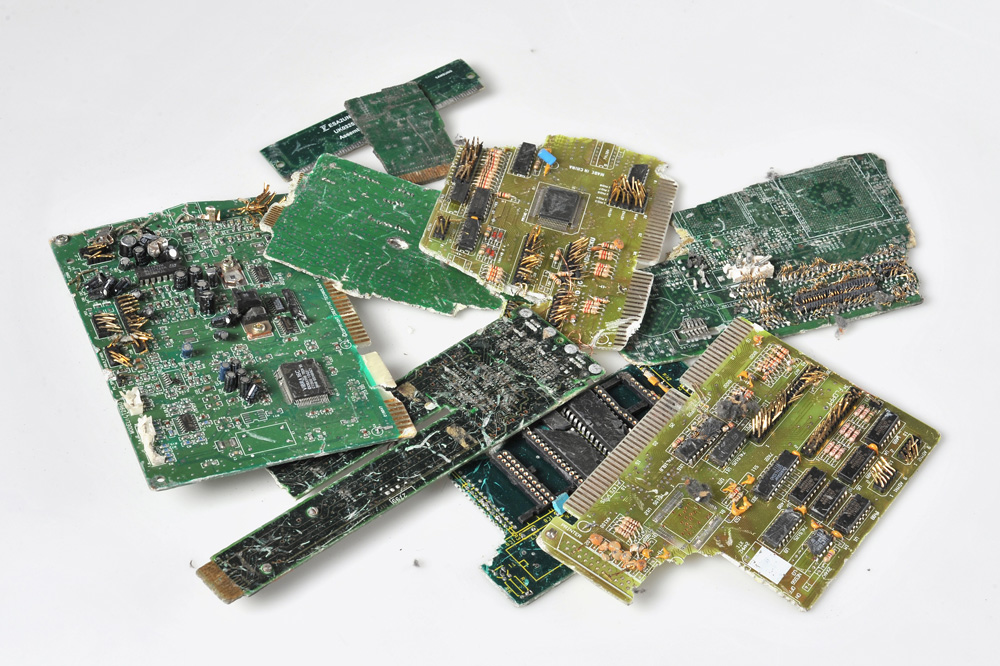
We never stop further developing the separation and sorting processes. As a result, we provide you with state-of-the-art systems. Our machines are both modular and flexible. Thanks to the possibility of combining various sensors, one single sorting system can often handle a variety of sorting tasks. However, we not only offer individual sorting systems, we also create complete customer-specific solutions with multiple separation stages. By partnering with equipment engineering specialists, we can provide entire installations of even greater complexity with shredding technology. Doing so results in integrated systems with central facility control which are perfectly tailored to your needs.
Are you facing a challenge related to e-waste recycling? Then contact us! We would be happy to advise you personally and help you find the best solution.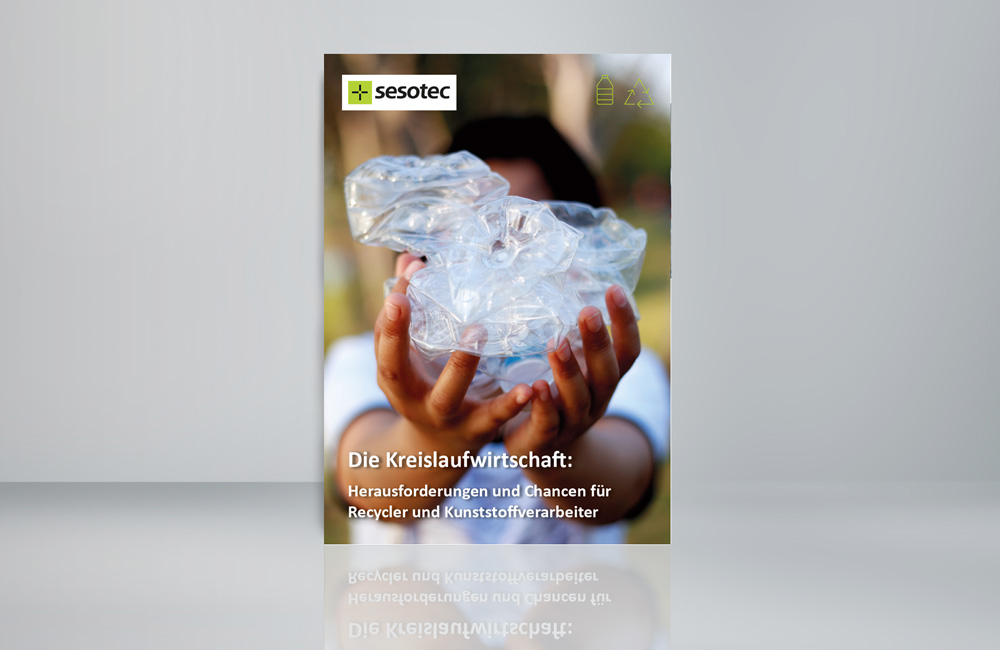
The plastics industry is under pressure. Between climate change, excessive consumption of finite resources, and vast amounts of plastic waste in the world’s oceans, plastics are coming to be seen in a different light by politicians, businesses, and consumers alike. Read in our e-book about the most important factors of a functioning circular economy, especially which challenges and opportunities exist for recyclers and plastics processors.
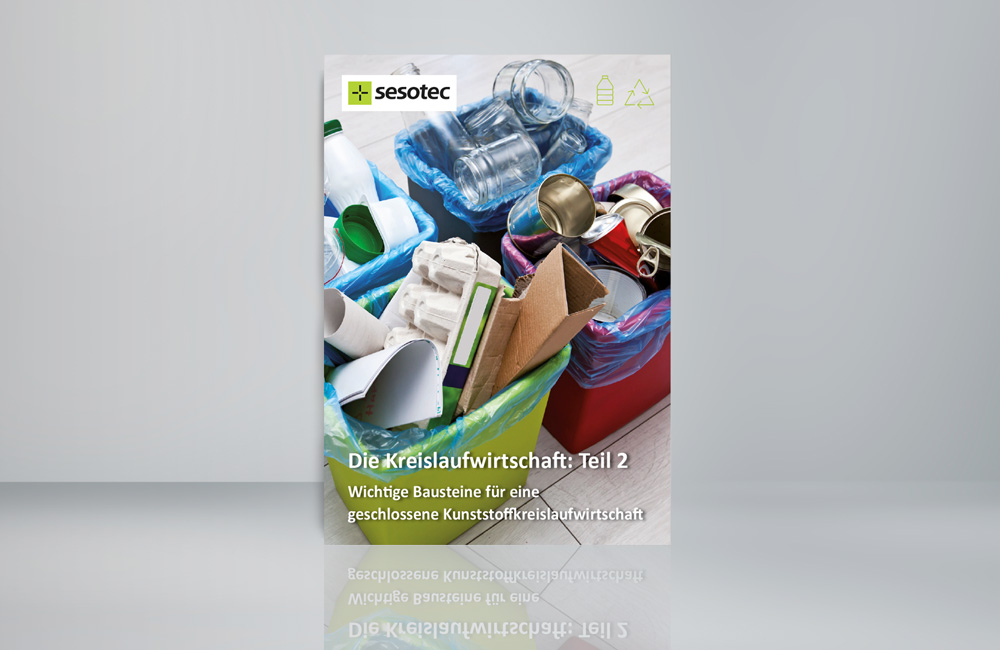
Which building blocks are necessary for a closed-loop plastic circular economy and which important parameters there are to close the loop, we will go into in the second part of the
"Circular Economy"
article series.

In this white paper, we explain the developments in the field of artificial intelligence for sorting recycling and show how you can benefit from them to make your processes more precise, more sustainable and more profitable.
Download
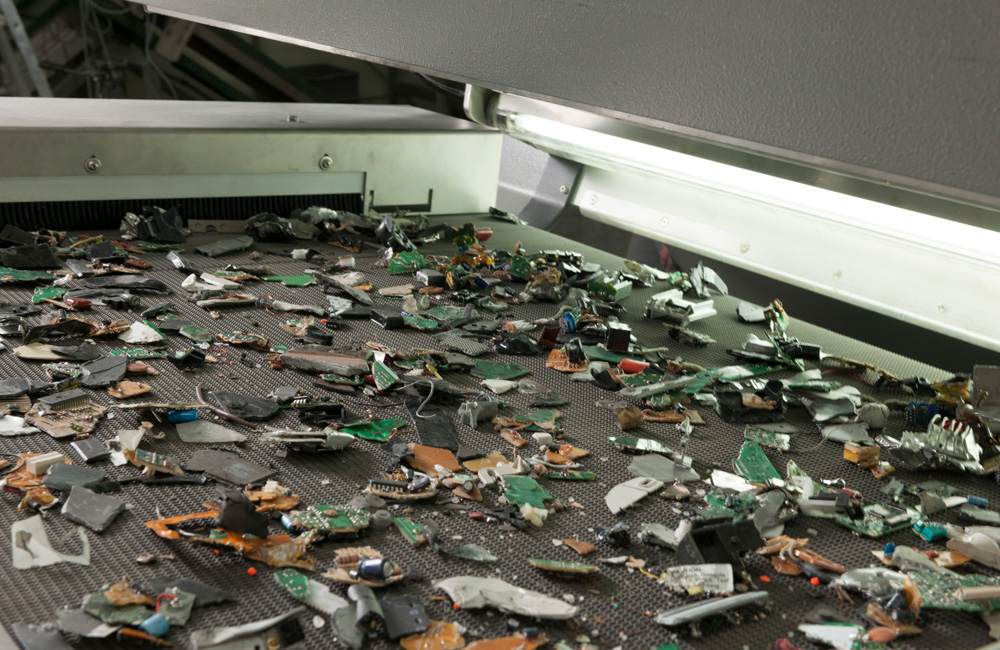
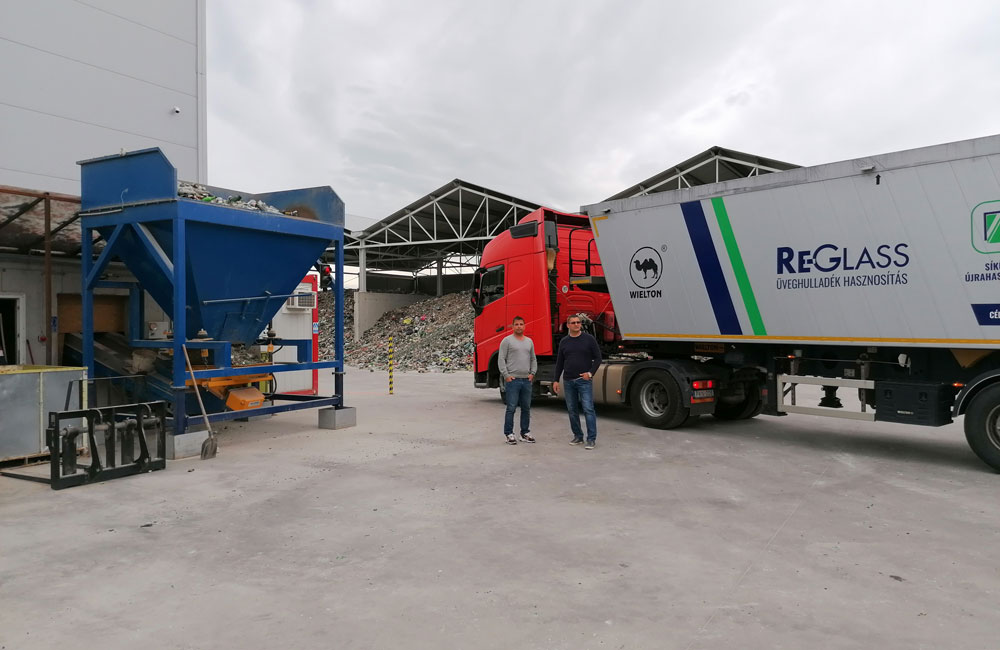
Foreign materials posed the biggest challenge to the new plant.
Contaminants such as ceramics, stones, porcelain (CSP), metals, paper,
and plastics comprise as much as 15 to 20% of the total weight of all
collected glass waste. To overcome this challenge, KRS supplied a
sorting system that meets these requirements.
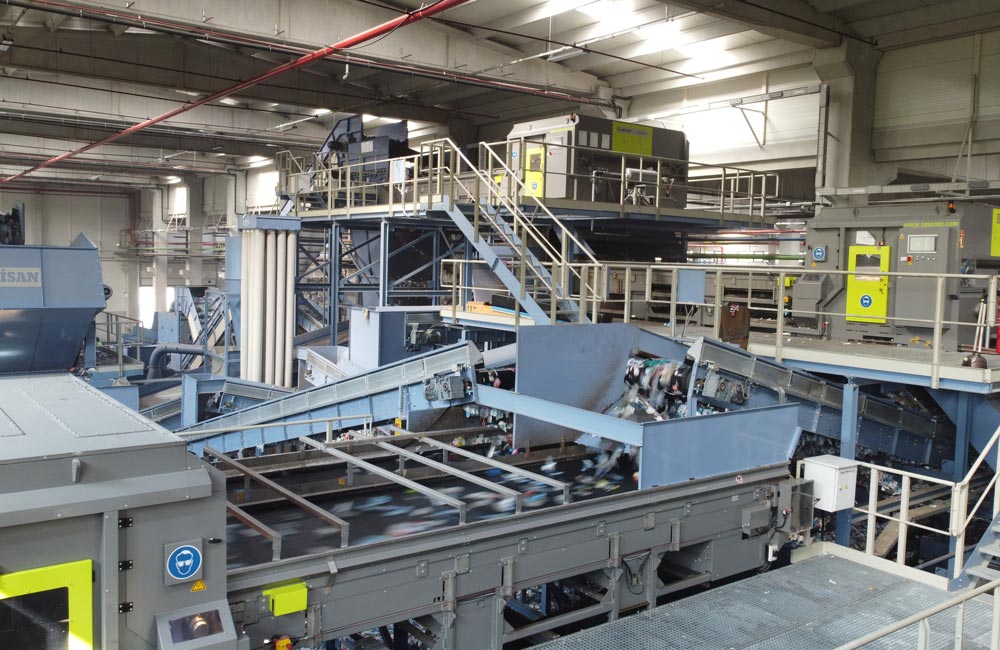
In a plant equipped with stateof-the-art (sorting) technology, Futurapet recycles plastic waste. The secondary raw materials obtained are returned to the plastics processing industry. When Futurapet was founded, General Manager Oğuz Engin and his t eam were looking for innovative solutions that efficiently deliver high-quality end products.
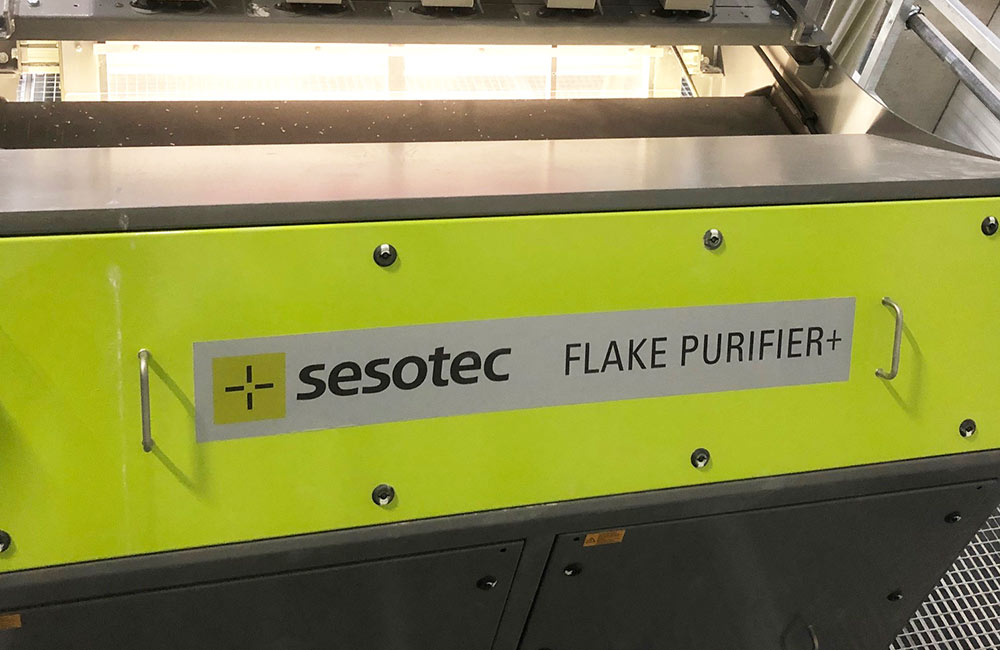
Reiling relies on sound quality inspection with sorting and material analysis systems from Sesotec
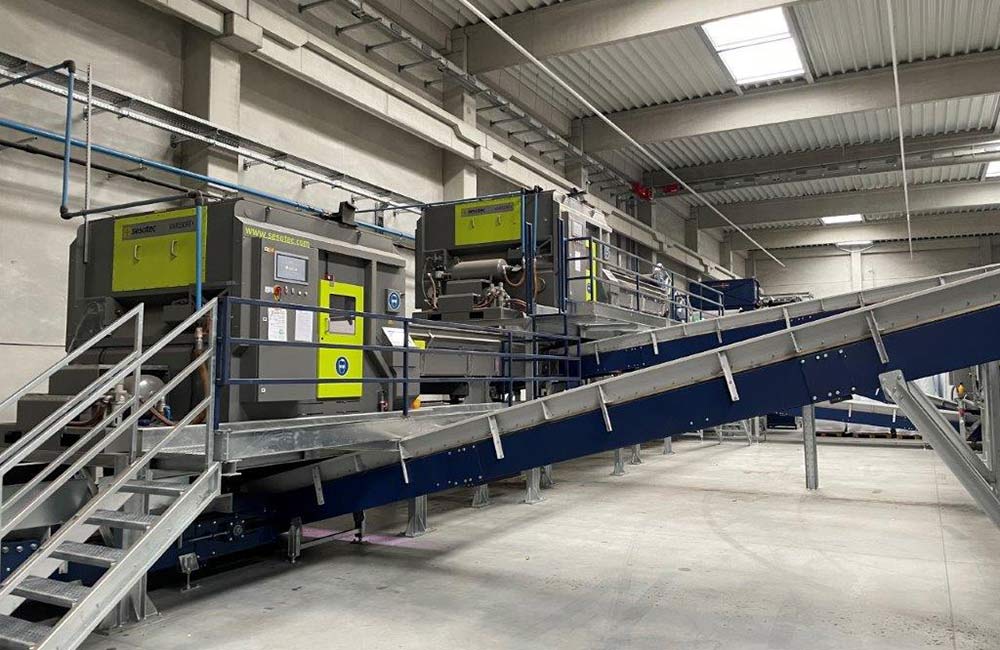
Reliable and precise sorting with multisensor sorting systems from Sesotec
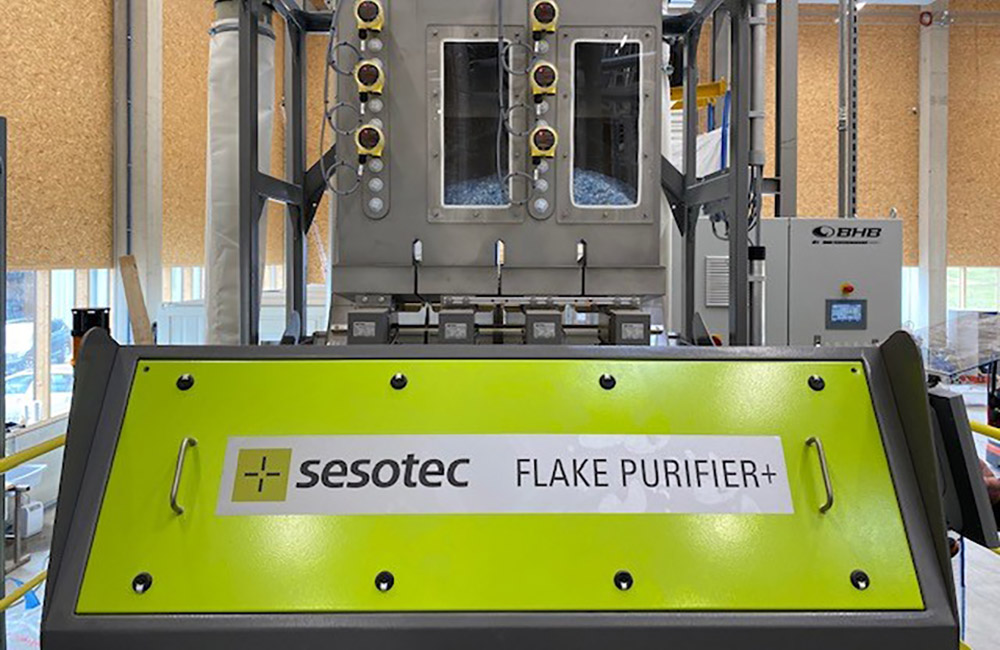
Mission PET sees the circular economy mission in the consistent implementation of PET recycling. The bandwidth for the use of recycled PET material is diverse. However, only high-purity rPET material also meets the requirements that correspond to those of virgin material. The demands placed on the recycling process for preparing the PET material are correspondingly high. Best decontamination and material cleaning of the PET starting material are the prerequisites for maximum purity of the end product.

Thanks to the new Sesotec technology, more valuable, dark cullet remains in the material cycle. The proportion of glass recovered is significantly increased once again and can be used to add value in high-quality melting applications.

Like in most recycling processes, companies such as World PET Recycling face the challenge of removing contaminants from recycled PET to meet the strict quality standards for food-grade materials.
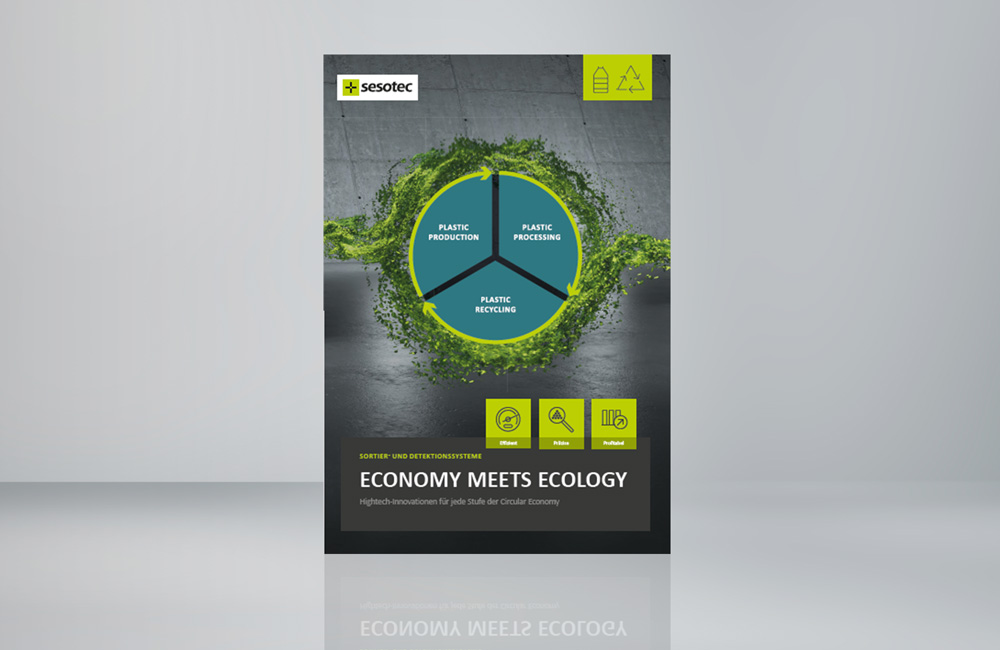
Sorting and Detection systems for every stage of the Circular Economy in the plastics industry.
Multi-Sensorsortiersysteme für die Recycling-Industrie
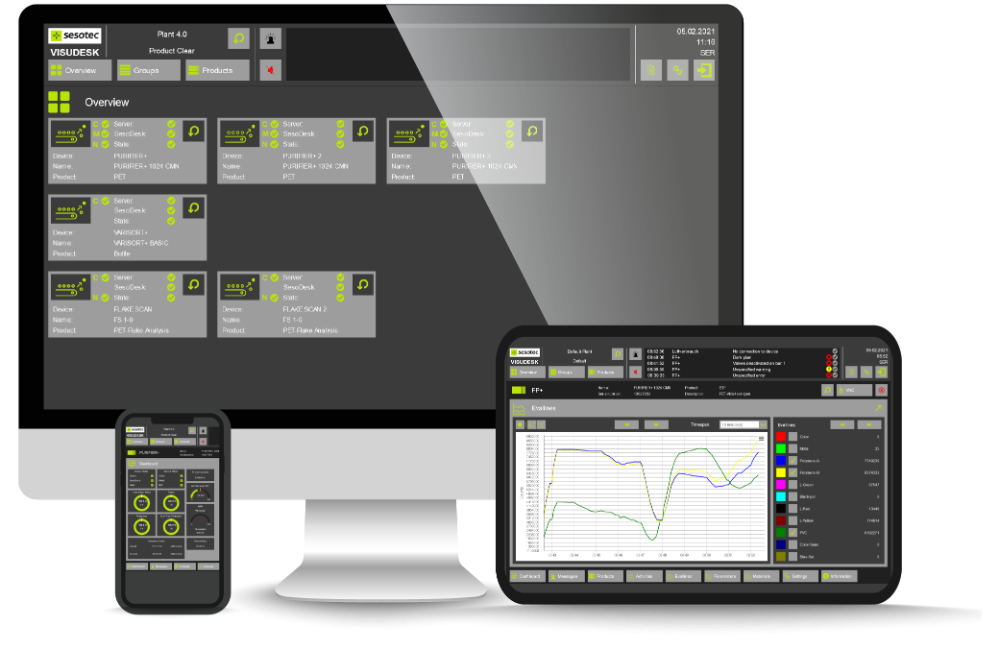
VISUDESK, the new visualisation software for sorting machines, makes your sorting processes transparent and enables direct control for higher efficiency and higher profitability.